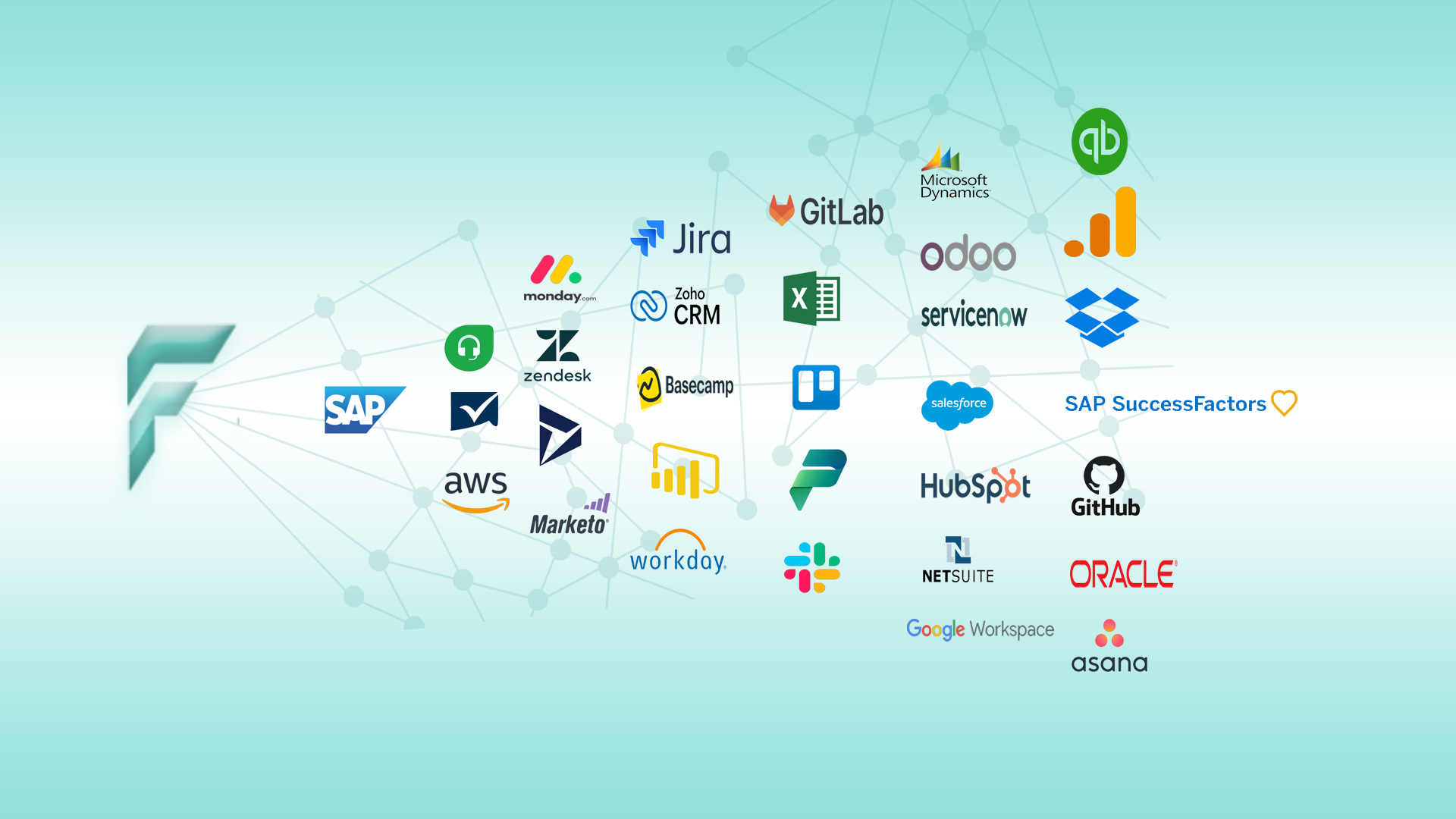SAP Cloud Integration with ERP Systems
Learn how SAP Cloud integrates with ERP systems to streamline operations, enhance data flow, and boost business efficiency.
Learn how SAP Cloud integrates with ERP systems to streamline operations, enhance data flow, and boost business efficiency.

Businesses today operate in highly dynamic environments, requiring real-time data exchange, seamless workflows, and enhanced automation to stay competitive. SAP Cloud Integration enables organizations to connect their ERP systems with cloud applications, ensuring smooth data flow, improved efficiency, and centralized business management. By integrating cloud services with ERP, businesses can optimize processes, reduce manual efforts, and gain deeper insights for strategic decision-making.
SAP Cloud Integration is a solution designed to link enterprise resource planning (ERP) systems with cloud-based applications, allowing businesses to operate more efficiently in a digital ecosystem. Traditional ERP systems are often on-premises and can face challenges related to scalability, maintenance, and real-time data access. By integrating ERP with SAP Cloud, businesses can overcome these limitations, enabling better flexibility, automation, and connectivity.
The integration of SAP Cloud with ERP systems supports a wide range of business functions, including finance, supply chain management, customer relationship management, and human resources. This connectivity facilitates better decision-making, enhances productivity, and allows businesses to scale operations as needed without significant infrastructure investments.
Organizations that integrate SAP Cloud with their ERP systems experience multiple advantages, including:
Integrating SAP Cloud with ERP systems requires careful planning and execution to ensure seamless connectivity and business continuity. Follow these steps to achieve a successful integration:
While SAP Cloud Integration offers multiple benefits, businesses may encounter challenges during the integration process. Some of the common issues and their solutions include:
As businesses continue to embrace digital transformation, the integration of SAP Cloud with ERP systems will play a crucial role in ensuring operational agility and efficiency. Future advancements in artificial intelligence, machine learning, and automation will further enhance integration capabilities, allowing businesses to streamline processes, improve analytics, and drive innovation.
With continuous improvements in cloud technology, SAP Cloud Integration will remain a critical component for businesses looking to enhance connectivity, optimize workflows, and achieve long-term success in a competitive marketplace.

Choose F12 Technologies for industry-leading mobile app solutions designed to boost engagement, efficiency, and growth for your business.
We tailor our services to meet your specific requirements, ensuring innovative and impactful solutions that help you achieve your goals.
Contact Us